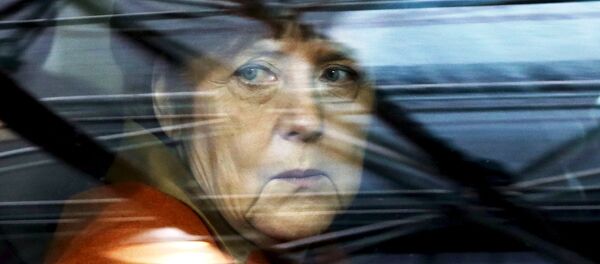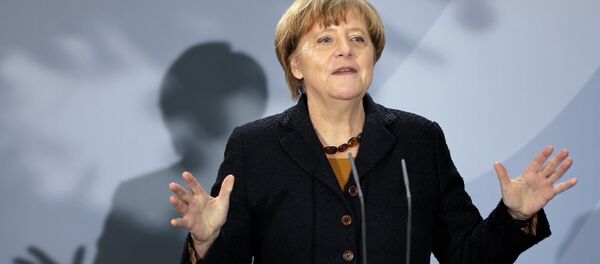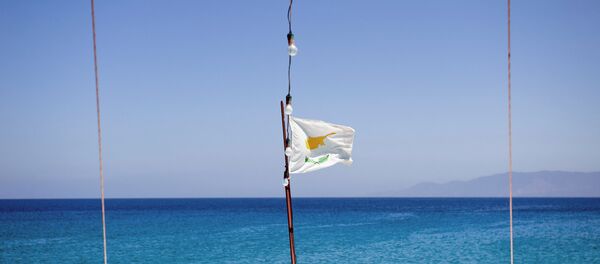According to Deutsche Welle, the elections will for the first time enable German citizens to punish Merkel for her controversial and irreconcilable migration policy.
Also, the state legislature elections of Baden-Wuerttemberg, Rhineland-Palatinate and Saxony-Anhalt may affect the balance of power in the federal government, Deutsche Welle said.
Of course elections today are a test for Merkel's refugee policy. The problem: there's no way of telling what a thumbs down would look like
— Philip Oltermann (@philipoltermann) 13 марта 2016 г.
When asked how she was preparing for the Sunday elections, Merkel, in turn, admitted that she "will have to keep her fingers crossed."
If the AfD manages to make it to the parliaments of the three German states, this populist anti-immigrant party will be able to block the German government's decisions in the future, Deutsche Welle pointed out.
"Under these circumstances, even those who do not believe in the feasibility of the AfD's program will vote for this party just in a bid to teach the Chancellor a harsh lesson," Deutsche Welle said.
The news network referred to the results of the latest polls, revealing that more than one third of Germans were in the dark about all those running in the elections; many others said that they did not even know whether they will cast ballots on Sunday. The population's uncertainty along with a low turnout means that the election results will be unpredictable and Merkel should brace herself for unpleasant surprises, Deusche Welle concludes.
She has repeatedly been slammed for her open door policy as the growing influx of refugees has raised security concerns among the local population.
However, despite opposition from the electorate and a number of German politicians, Merkel has refused to close the country's borders and set a limit on the number of newcomers.





